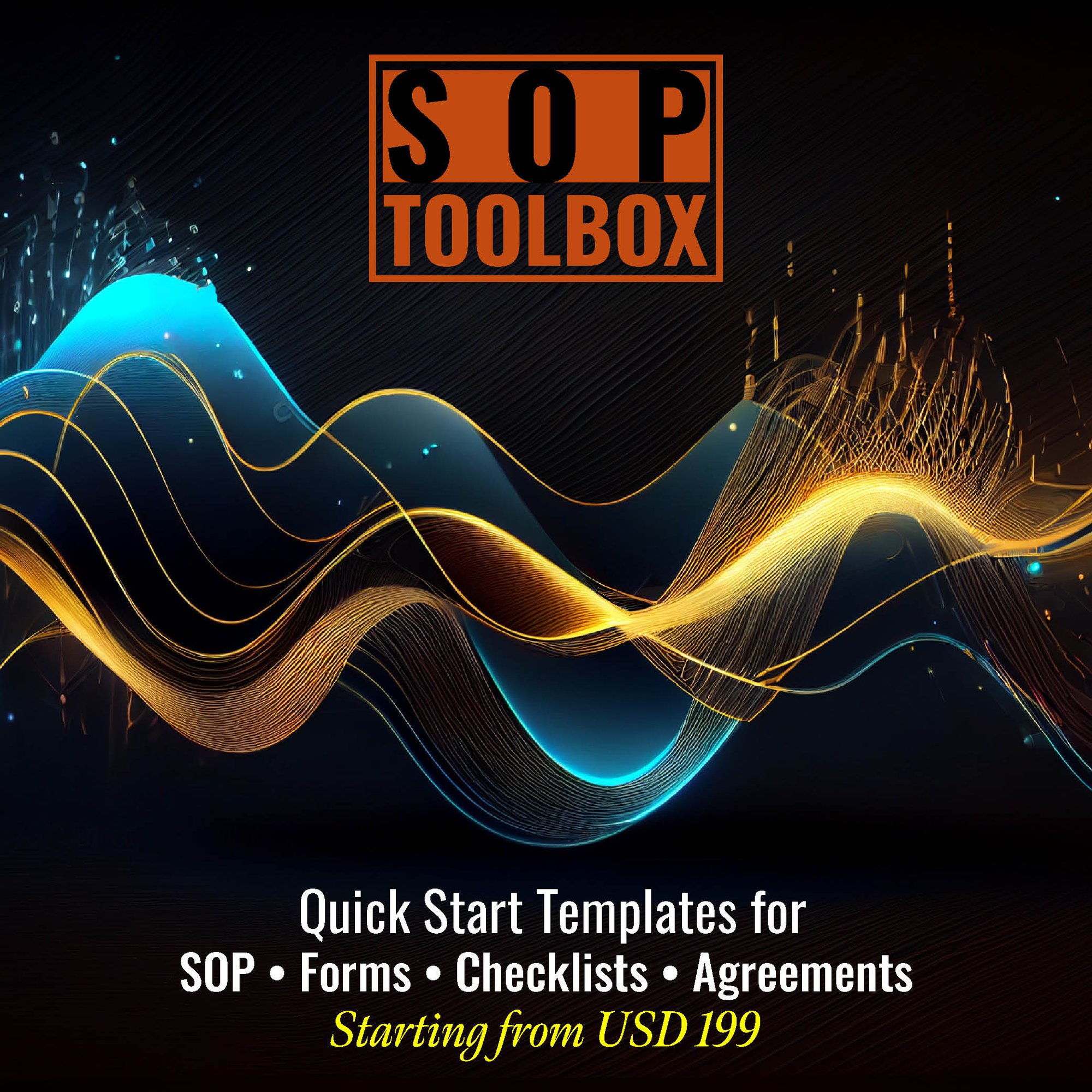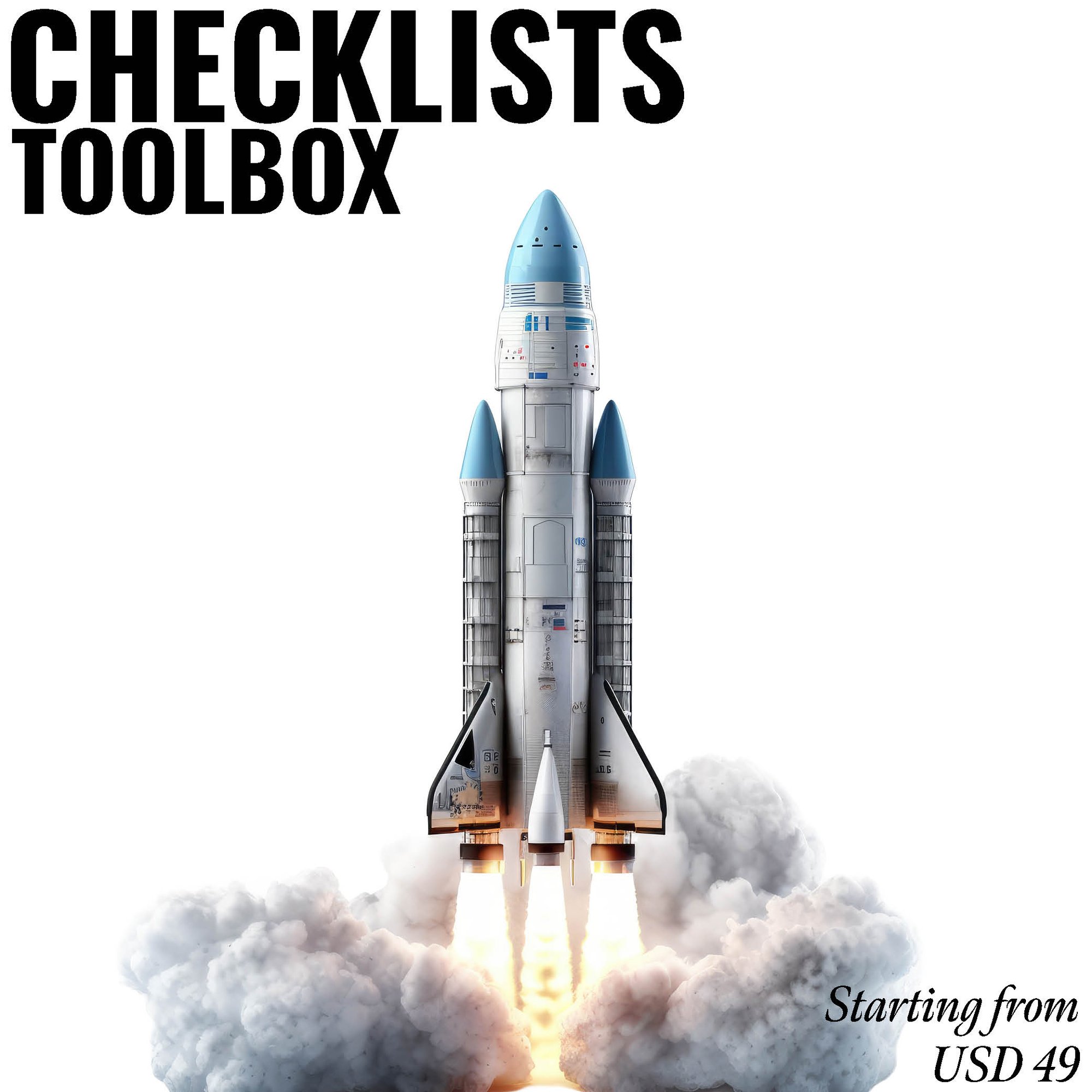The Sugar Industry relies significantly on agreements that shape various aspects of its operations, from cultivation to distribution and trade. These agreements play a pivotal role in defining the relationships between sugar producers, suppliers, manufacturers, and distributors, as well as regulating international trade in sugar commodities.At the cultivation level, agreements often involve contracts between sugar cane farmers and processing mills, outlining terms for the supply of raw materials and pricing mechanisms. These agreements help ensure a steady supply of sugar cane for processing while providing farmers with stability and incentives for production.In manufacturing and processing, agreements are crucial for technology transfer, joint ventures, and supply chain management. Agreements between sugar mills and equipment manufacturers facilitate the adoption of modern processing technologies, enhancing efficiency and quality in sugar production.Trade agreements, both regional and international, are vital for the global sugar market. Tariff agreements, preferential trade arrangements, and quality standards agreements influence the flow of sugar exports and imports between countries, impacting market prices and trade volumes.Environmental agreements also play a role, addressing sustainability practices in sugar production, waste management, and land use. These agreements are becoming increasingly important as the industry faces scrutiny regarding environmental impacts and sustainability practices.Overall, agreements in the Sugar Industry are instrumental in fostering collaboration, ensuring fair trade practices, promoting technological advancements, and addressing sustainability challenges, all of which are essential for the industry's long-term growth and resilience in a competitive global market















Leave a Reply